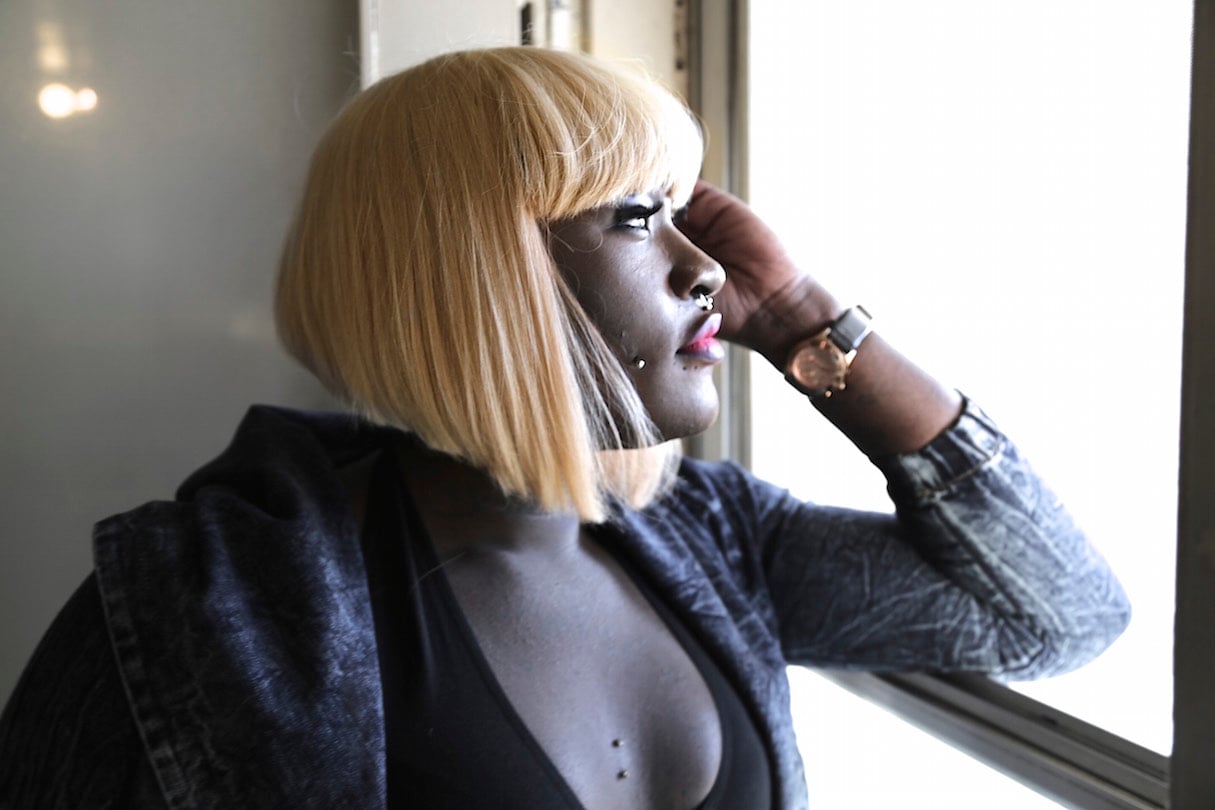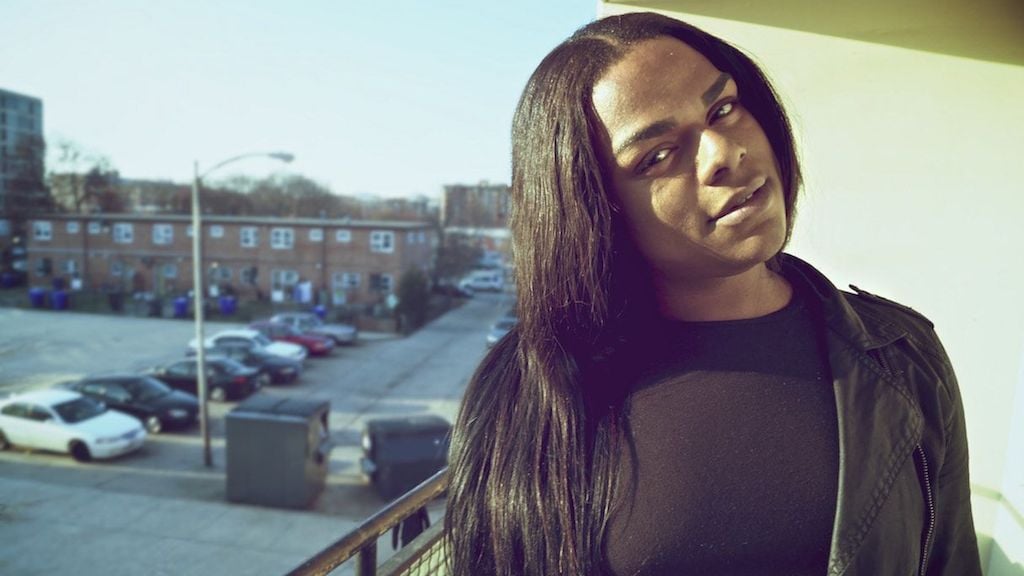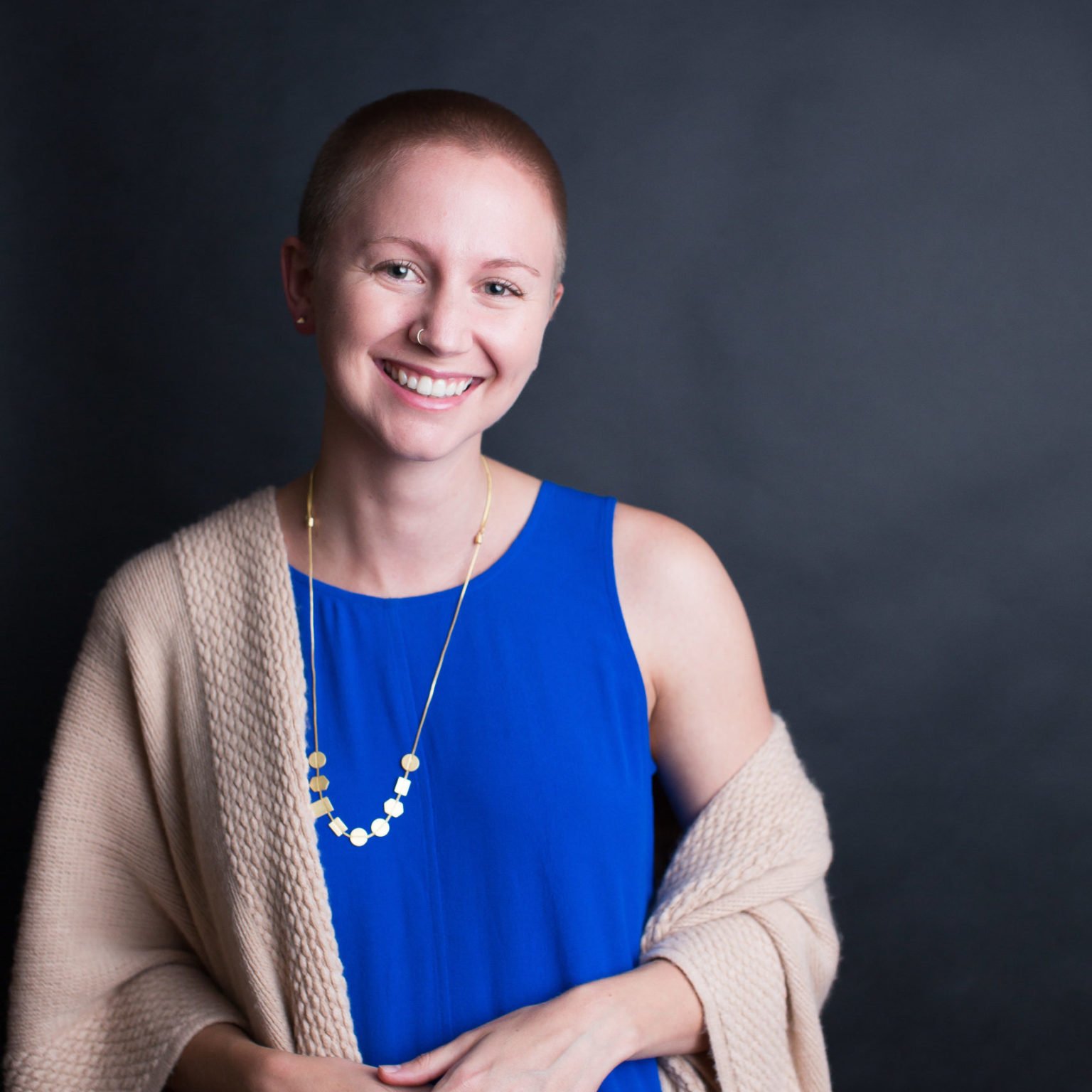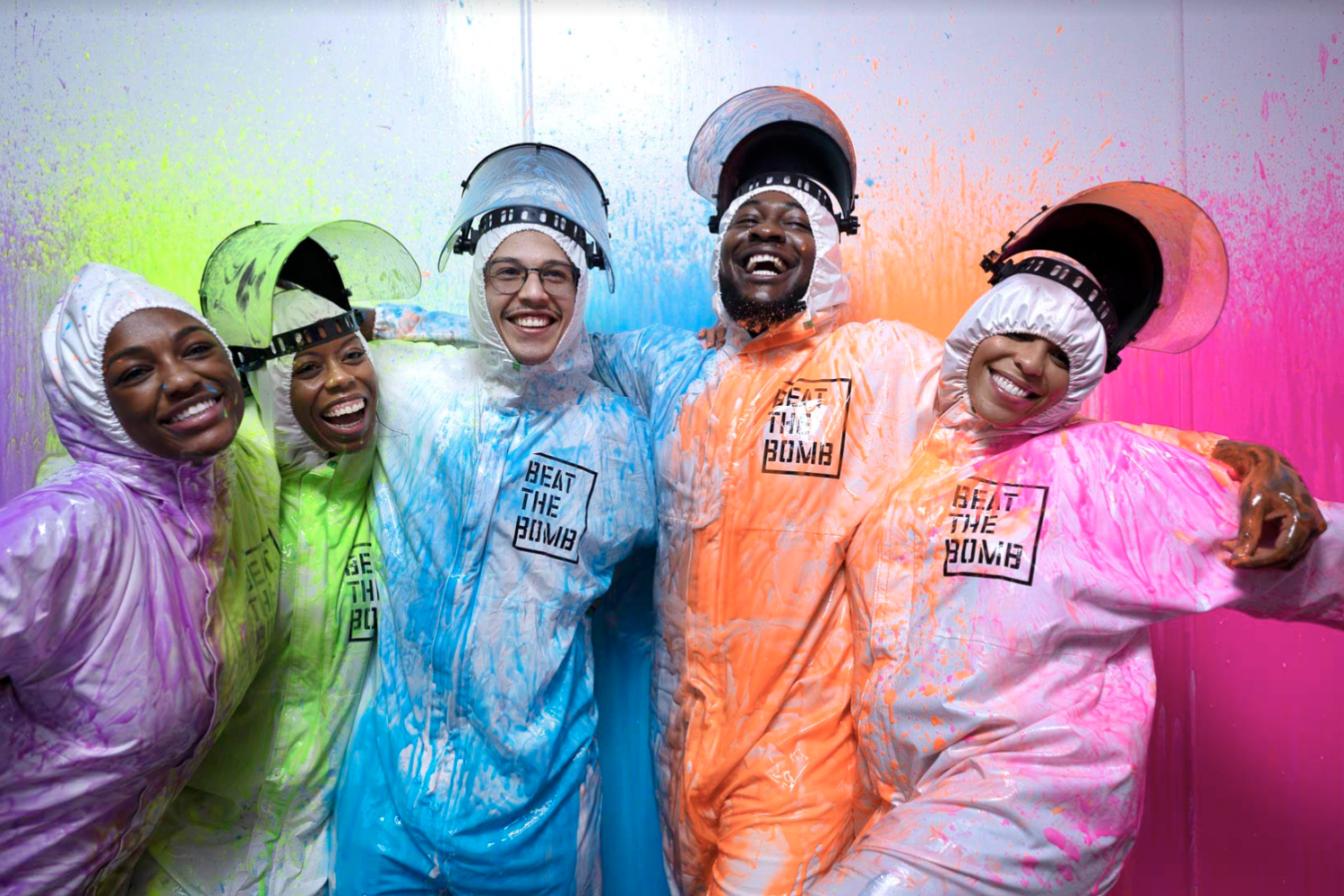Ten years ago, a small group of black, gay kids in DC’s Trinidad neighborhood banded together after being bullied by their peers and rejected from their families. Today, that group has grown into a robust gang of more than 200 members who call themselves the Check It. It’s the only gang like it in America.
Toby Oppenheimer and Dana Flor found out about them in 2012 and knew they had to make a documentary telling the kids’ stories. That documentary, Check It, is screening in DC on Saturday as a part of AFI Docs. While the screening is sold out, Oppenheimer and Flor say the film will be widely released by the end of the year after its festival run.
Washingtonian spoke with the filmmakers about what it was like documenting such a marginalized group right here in DC and how they hope the film will improve their circumstances.
How did you find this story and what compelled you to make a film about it?
Flor: We did the Nine Lives of Marion Barry which aired on HBO, so we have been in neighborhood of Ward 7 and 8 for years and years and years. That is also the neighborhood of the Check It. We met Ron Moten in the course of making that movie, who’s the mentor in the film. Moten works with gang violence and conflict resolution here in the city, and he said, “This is the most unique group of kids I’ve ever met in my life—you really have to meet them.” As soon as we heard just the description of the gang we knew it was an incredible story. But when we actually met them, we were just blown away because they are so unique, they are cinematic, they’re funny, they’re smart, and their stories are all fascinating. We knew immediately, which is unique in finding a film subject.
Oppenheimer: We hung out with them for five or six months—just seeing what their lives were about—without cameras. When we met them they had come from many years of adults letting them down in some way: teachers, or church leaders or coaches. They had been disappointed by adults their entire lives, so we were just another two adults who were going to make promises to tell their stories and then just leave them behind. We didn’t want to ever let that happen.
How did most of them end up in the gang? What’s the common narrative among some of the group members?
Flor: There is a common narrative. And I was kind of surprised by that. They all have almost identical stories. Their mothers are all drug users, their fathers are all in jail, they really didn’t have any relationship with their fathers, they all have problems in school, they’ve all been diagnosed with learning disabilities. Many of them are diagnosed as bipolar. Truly all of our main characters are like that. Most of them were rejected by either the communities, or churches, or schools, or family. They had very strong objections to their sexuality and felt like pariahs. And that is what pushed them toward Check It or the formation of Check It, because they didn’t feel like they had support and they didn’t feel safe.
Oppenheimer : It was the need for family.
One of the things I found interesting about the film was although the gang offered them a sense of family and protection, it was also quite confining. How did you try to convey that tension?
Oppenheimer: What was pivotal for us in telling the story—it was not just about profiling the kids in the gang. We knew when we wanted to tell this story that it had to offer—be it a slight ray, but a ray of hope. You’re absolutely right—yes it offers a family, yes it offers support. Yes it offers a galvanizing protection. But also, a lot of what they do is a road to nowhere. A lot of what we wanted to do was capture that. After shooting for about a year and a half with them and getting their stories and capturing all this, there was a lot of malaise. They’re trying to figure out ways to get out, but the opportunities are so few and far between. They were getting ready to be 20, 21, 22 and it’s like, enough of the bullshit. And unlike maybe what you face as kid at that age, there were probably a plethora of opportunities. There are none for them. So that was very important for the film to be a vehicle to show that when there’s mentors, when there’s people kicking their asses, knocking on their doors, when there’s a support system. They need this network of mentors and they also need opportunities—they need options.

(See also 14 Documentaries You Should See At This Year’s AFI Docs)
One of the most difficult parts of the film is when you realize that, for most of them, prostitution is their only source of income. How did you approach that subject?
Flor: We approached it with a lot of care, and frankly, it was very difficult to watch. It’s very difficult to know about. My kids are these kids age. My kids actually go to high school with some of the Check It. It’s very close to home. And it’s heartbreaking—that’s part of the reason why we wanted to make the film is that this is something that should shock people. It’s right here in this city. It’s hard to watch and it’s sad, but that’s part of what we were interested in showing in this film. It’s very close to you especially in a local sense, I want people to be shocked. I want people to be ashamed and want to do something about it, because we should and we should be ashamed.
Oppenheimer : We also feel like it’s also a call to action for the LGBT community, because they are a totally forgotten wing of that community. This is an arm of that community that is completely invisible. It is the most marginalized group possibly in America and extremely forgotten and marginalized in the LGBT community, so that was very important to show that very sad dark vulnerable side of what they do. We need to wake those people up as well, because those are the people that can really make change when they choose to.
In what ways can you translate this story into advocacy?
Oppenheimer: We’re learning that right now. We’re filmmakers but we are now advocacy filmmakers with this film. So it’s something that we plan on being on the long road for for a long. In terms of whether this film specifically aligns with current legislation or a bill that’s being passed, we’re figuring that out. It’s not a film about gun rights, it’s not a film about health care. But what we are finding and we did connect with a couple congressmen yesterday that there’s this amazing LGBT caucus. And this actual issue of these kids—of black, poor, gay kids—is something that has not been addressed at any level. So we’re hopefully going to align with one or two of these offices and hopefully the caucus. There’s potential we may actually be invited to play at the Democratic National Convention. So there’s a lot of other elements that are just starting to flow up now. Remember this is our festival run, so it’s the beginning of the journey.
This interview has been edited and condensed.


















